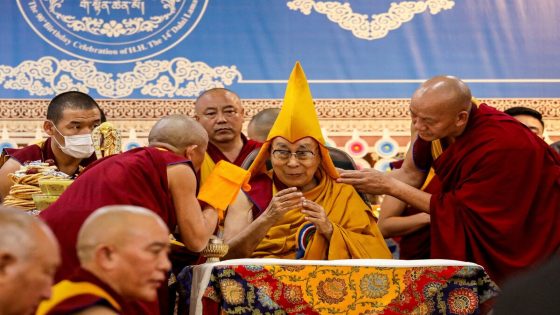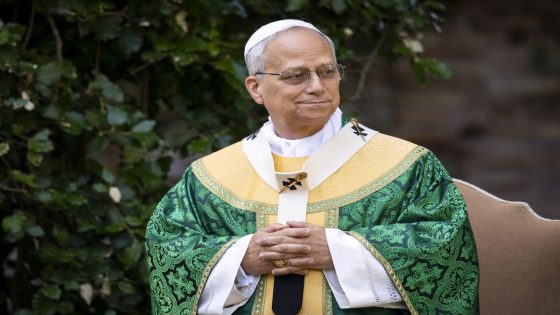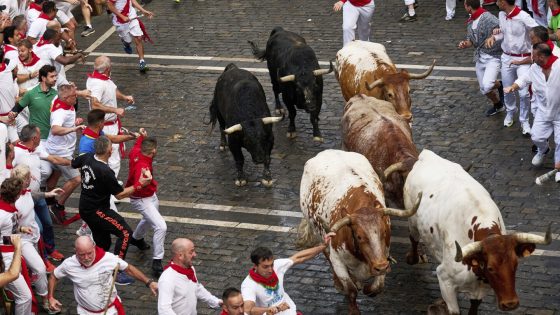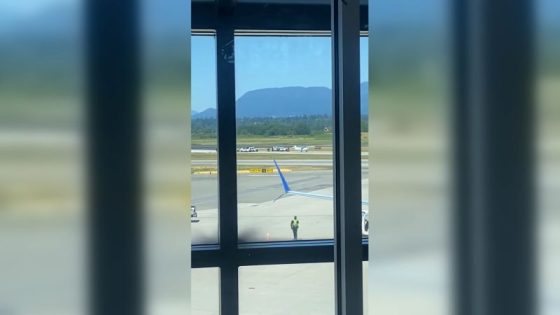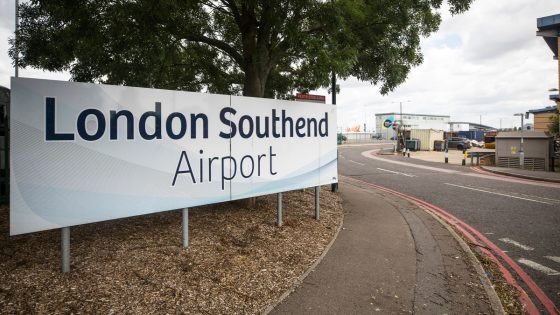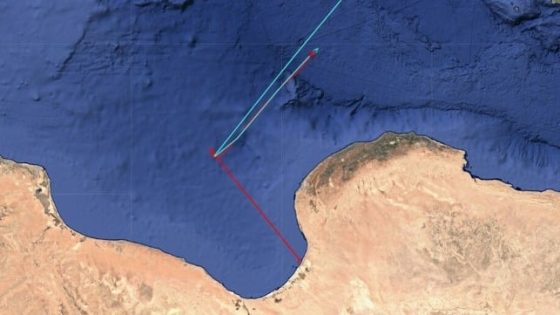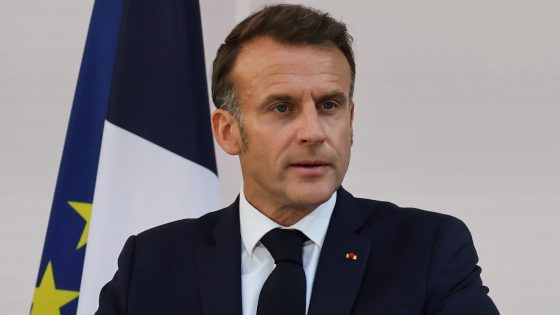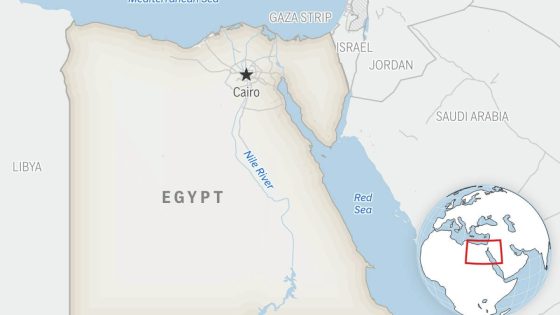The Dalai Lama has emphasized that only his office holds the authority to identify his successor, a statement made amid ongoing tensions with China. As the global community anticipates his 90th birthday on July 2, 2025, this declaration raises significant questions about the future of Tibetan leadership.
- Dalai Lama claims sole authority on successor
- China insists on approval for spiritual leader
- Dalai Lama affirms continuation of institution
- Gaden Phodrang Trust recognized as authority
- Message released before Dalai Lama's 90th birthday
In a recent video message, the Nobel laureate asserted, “I hereby reiterate that the Gaden Phodrang Trust has sole authority to recognize the future reincarnation; no one else has any such authority to interfere in this matter.” This statement comes as China insists it must approve the next spiritual leader of Tibet.
This situation prompts reflection on the implications of spiritual authority in global politics. Can the Dalai Lama’s stance preserve Tibetan identity against external pressures? Consider these points:
- The Dalai Lama’s declaration reinforces Tibetan autonomy.
- China’s insistence on involvement raises questions about religious freedom.
- The future of Tibetan Buddhism hangs in the balance.
- International response could influence China’s approach.
As the world watches, the future of Tibetan Buddhism remains uncertain. Will the Dalai Lama’s legacy endure, or will external forces reshape its trajectory?



